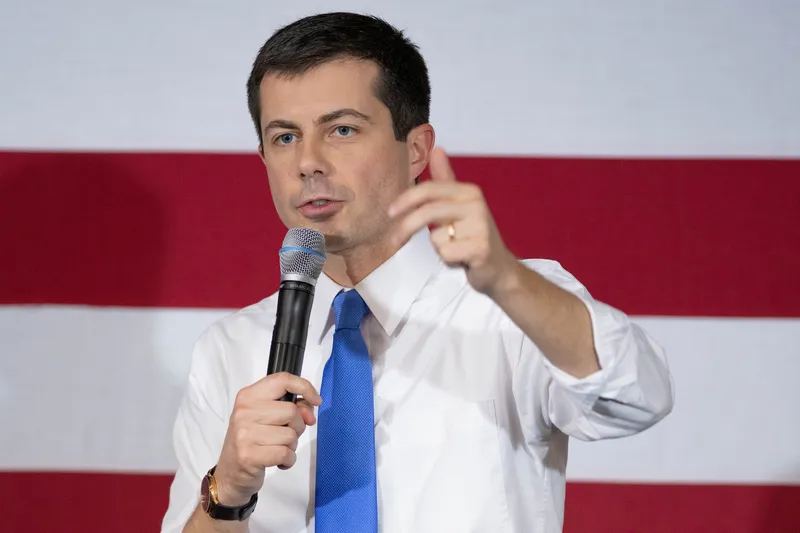However, City Council members maintained that anything short of congestion pricing that would de-incentivise driving wouldn’t make much of a difference.
Advocacy group MoveNY, which has consistently lobbied for congestion pricing, has again suggested that the city impose a congestion charge on motorists driving on Manhattan’s most crowded streets.
According to the Wall Street Journal, the city would impose a US$2.75 fee on cars entering Manhattan’s central business district south of 60th Street. Trucks would pay a higher fee, while taxis and other for-hire vehicles would pay a congestion surcharge based on travel within the zone.
If this came to pass, the group says, “New York City could raise about US$1 billion a year through the plan, which could pay for improvements to roads and bridges, as well as subsidise MetroCards for low-income households and improve bus service.”
Several council members have expressed their approval of the MoveNY proposal, but early indications are that de Blasio will not take the plan into consideration, says Curbed New York.
New York mayor urged to consider tolling to reduce city congestion
The de Blasio administration this week unveiled plans to tackle the New York's congestion crisis. Several of the new initiatives rely on enforcement, such as offences like the blocking of yellow boxes, blocking of bike and bus lanes and double parking. Other strategies revolve around managing curb space.
June 7, 2017
Read time: 2 mins
The de Blasio administration this week unveiled plans to tackle the New York's congestion crisis. Several of the new initiatives rely on enforcement, such as offences like the blocking of yellow boxes, blocking of bike and bus lanes and double parking. Other strategies revolve around managing curb space.









